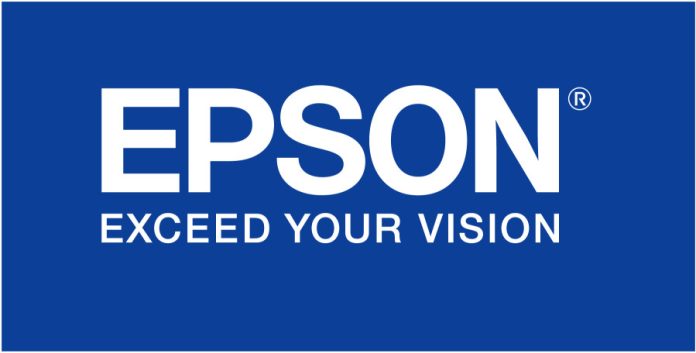A recent study conducted by Global Technology Company Epson across Africa, the Middle East, and Europe has unveiled that inefficient printing technology is causing significant productivity losses in healthcare settings. With healthcare systems already grappling with staffing shortages and burgeoning waiting lists, the findings highlight a critical yet often overlooked area of concern.
The research, which involved a survey of 3,400 patient-facing healthcare practitioners, including doctors and nurses, has shed light on the severe impact of slow or non-functioning printers.
Key findings from the survey indicate that 79% of Kenyan healthcare professionals acknowledge the substantial time wasted due to inadequate printers, with little to no improvement measures in place. Moreover, about 95% of respondents noted that such delays adversely affect various aspects of healthcare delivery, including information sharing, updating patient records, and scheduling appointments.
Despite the challenges, the survey shows a strong demand for better technological solutions, with 89% of healthcare workers advocating for enhanced IT support to minimize time wastage. Notably, 90% of Kenyan respondents and 89% overall believe that investing in more efficient printing technology, such as Epson’s Heat-Free inkjets, is imperative. These printers are known for their reliability and lower maintenance needs, addressing common issues faced with traditional laser printers.
Additionally, the environmental impact of outdated printing technology has not gone unnoticed. A significant 80% of participants from the surveyed regions express personal concern over the sustainability of non-eco-friendly printers, with 75% of Kenyan healthcare workers emphasizing its importance to their organizations.
“This study highlights a critical link between technology and healthcare efficiency that cannot be ignored. By transitioning to more advanced, maintenance-free printing solutions, healthcare facilities can greatly enhance productivity and patient care.” Mukesh Bector, Regional Head for East and West Africa at Epson,
Epson Europe James Osborne further stresses the importance of proactive measures by IT departments in healthcare institutions. “It’s crucial for healthcare leaders and IT managers to respond to these findings by upgrading their printing infrastructure, thus supporting better patient outcomes and operational efficiency,” he noted..
Epson’s initiative to spotlight the impact of printing technology in healthcare settings underscores the company’s commitment to innovative solutions that not only meet the demands of modern healthcare but also consider environmental sustainability.
Ends
About Epson
Epson is a global technology leader whose philosophy of efficient, compact and precise innovation enriches lives and helps create a better world. The company is focused on solving societal issues through innovations in home and office printing, commercial and industrial printing, manufacturing, visual and lifestyle. Epson’s goal is to become carbon negative and eliminate use of exhaustible underground resources such as oil and metal by 2050.
Led by the Japan-based Seiko Epson Corporation, the worldwide Epson Group generates annual sales of more than JPY 1 trillion.

